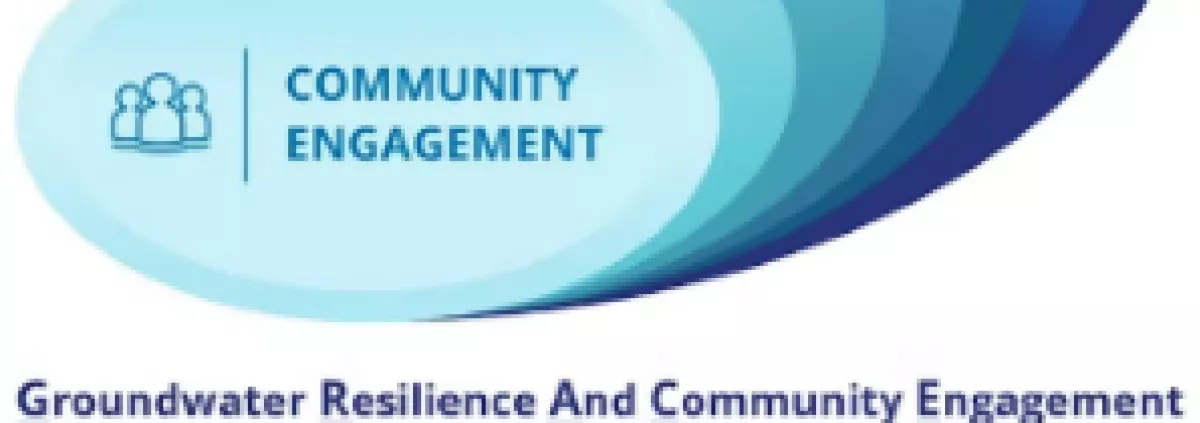Groundwater Resilience And Community Engagement (GRACE), run by Buckinghamshire Council, secured funding as part of the Flood and Coastal Resilience Innovation Programme, is a DEFRA funded project managed by the Environment Agency (EA) to develop and test new approaches to resilience tailored to local communities.
Groundwater flooding has seen the lowest levels of investment, action and consideration, yet it can be significantly more devastating than other types of flooding. The Strategic Flood Risk Management Team at Buckinghamshire Council is working on a 6-year project with a range of partners from across the Chilterns and Berkshire Downs, using new approaches and technologies to offer opportunities for fresh ideas to improve quality of life, reduce social and economic impacts, and offer a template for other authorities.
Despite high social and economic impacts, groundwater flooding is not well understood and typically fails to qualify for standard resilience scheme funding. Buckinghamshire Council is leading a consortium of partners to improve community resilience to groundwater flooding across the chalk streams of the Chilterns, between West Berkshire and Hertfordshire.
In the GRACE area there are an estimated 180 affected communities and 30,000 properties at risk of groundwater flooding. These communities have to manage with a lack of modelling, mapping, warning, preparation or response. GRACE aims to transform this by working collaboratively with local stakeholders.
The project aims to:
- improve monitoring of when and where groundwater emerges, making innovative use of gulley sensors to monitor groundwater
- provide a flood warning app which includes groundwater warning based on new modelling and mapping
- increase resilience in 10 groundwater affected communities and monitor the impact on wellbeing
- provide property flood resilience (PFR) measures, which are designed and suitable specifically for groundwater inundation, to 150 properties
- plant trees and complete NFM measures suitable for chalk catchments and measure their impacts on groundwater flooding
- provide 1000 smart water butts to communities to reduce surface water in the catchment
- publish academic research into the results of the innovative ways to deal with groundwater flooding investigated in our project
- increase understanding of how to deliver holistic flood risk management in areas of high groundwater.
The project is testing 6 resilience actions, which are:
- Monitoring and management of local assets
- Community and voluntary sector action to be better prepared and recover more quickly
- Enhanced flood warning systems
- Local emergency response equipment
- Property flood resilience
- Nature based solutions
